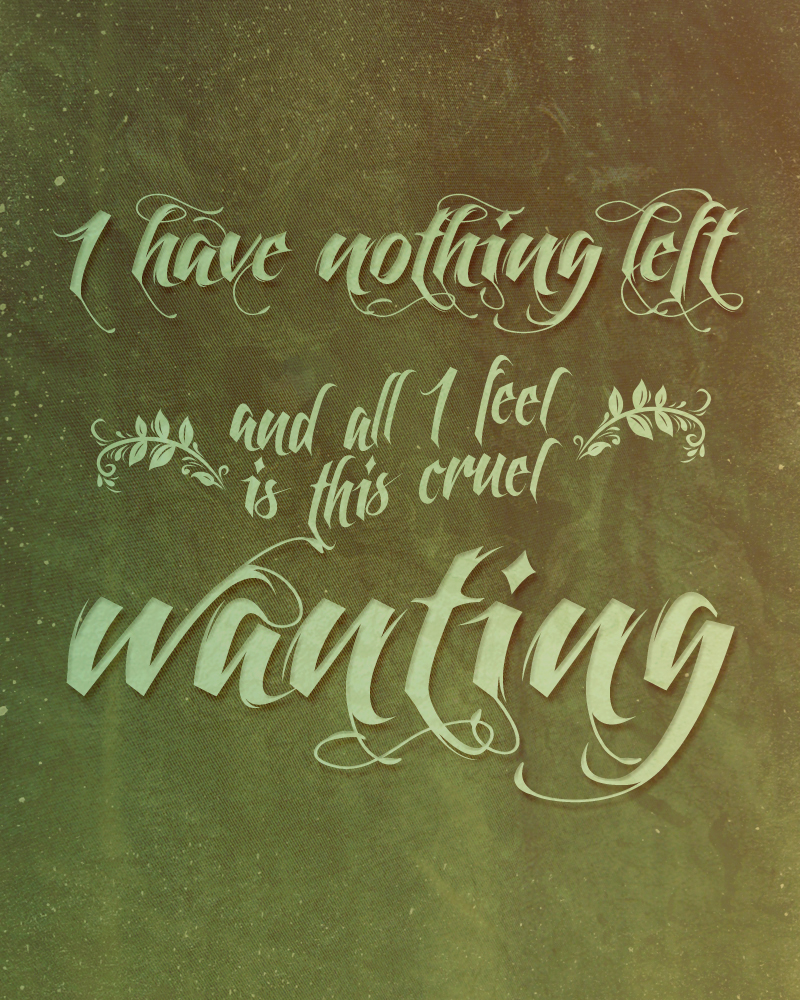

An explanation of how evil enters the universe and becomes a point of contention for philosophical anthropology seals the reputation of Milton’s seminal work as a masterful treatise on philosophical perspicuity. Readers with a greater appreciation of Paradise Lost must embrace the realization that the work is truly about the nature and origin of evil. Yet, that alone conveys little about the interplay of these cosmic forces. At face value, Paradise Lost is a work about good and evil.

Milton offers a plausible explanation about the nature of creation vis-à-vis differentiation and the inherent metaphysical problems that time, finitude and the infinite pose for human existence. Milton delves into the nature and differences between the supernatural, preternatural and physical aspects of creation. Within this poem, Milton offers the reader a viable philosophical anthropology that answers the timeless question: What is man? Man is created by an omnipotent God, but only after the Creator infuses the universe with preternatural beings, angels, who were never meant to have physical bodies.

Milton as Metaphysician Paradise Lost is a visionary portrayal of man as a cosmic being. In the current social-political milieu, when the Western Canon is subjected to de-construction, a political interpretation of Paradise Lost not only misses the point of the work altogether but also downgrades it to the trite level of discussion that current events are subjected to. The permanent things, furthermore, are eviscerated through ignorance of the essences that make their presence known through their manifestation for people of flesh and blood. The literary and philosophical qualities of the poem are subjected by such interpretations to the whim of political efficiency. Secularist political interpretations of Paradise Lost level the work to the dustbin of everything trivial and banal. Good and evil cannot be discarded or argued out of human existence by crafty practitioners of skepticism, for good and evil are a perennial and essential reality of human experience. If Milton’s intention was to write a political treatise, why bother to dedicate twelve books and about 400 pages to a discussion of God, Genesis, the creation of man, the temptation of Adam and Eve, and Lucifer and his legion of demons? Lamentably, a political interpretation of the poem is a lazy and uninspired exercise that only serves to downgrade the classic poem by consigning it to the transitory, social-political realm, where everything is discarded and forgotten.
PARADISE LOST MEANING LICENSE
This interpretation is also a violation of literary prudence, critical license and intellectual honesty. Some secular critics stretch the limit of interpretation by assigning the epic Christian poem a political meaning that, they believe, reflects life in England during the poet’s life. Ultimately, Milton’s depiction of good and evil is best understood as a work of essentialism, for good and evil are essences that inform every facet of human reality. As a road map of life and death for man in the physical universe, Paradise Lost is a metaphysical-existential work that puts on display the patent as well as latent structure of human reality. For others, the work by the blind bard serves as the inspiration for man’s moral foundation, a moral compass and map of the structure of good and evil, right and wrong, and heaven and hell. For some, the poem is a complex literary masterpiece. Milton’s seminal work is acclaimed by readers and scholars as a poem that has many virtues: literary, moral, Christian, and philosophical. The best that good-willed critics can accomplish with a work such as this is to isolate some of its dominant themes and discuss these in relation to the meaning and purpose that its author infused into the work. Paradise Lost: A Metaphysical Map of the Structure of Good and Evil Given its literary richness and philosophical complexity, Paradise Lost cannot be easily exhausted by critics. What we know today as the complete, twelve book version of the epic, was published in 1674. John Milton published Paradise Lost in 1667.


 0 kommentar(er)
0 kommentar(er)
